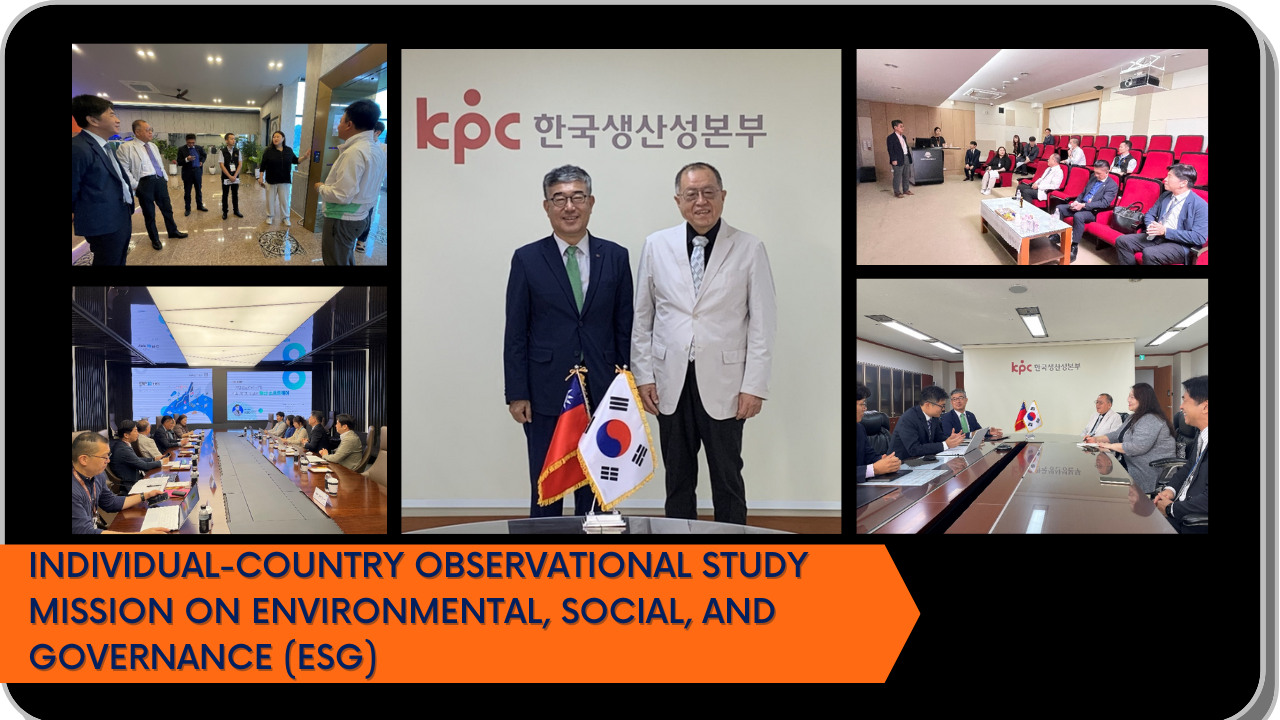
Select Page

Environmental, social, and governance (ESG) criteria have emerged as key benchmarks to reflect an organization’s commitment to sustainability and societal responsibility. Organizations that incorporate ESG values demonstrate strategic foresight by positioning themselves to effectively anticipate and mitigate potential risks, such as environmental hazards, societal disparities, and governance challenges. Furthermore, ESG-centric organizations tend to be more innovative, seeking solutions to global challenges. Thus, embracing ESG can lead to sustained productivity, cost efficiencies, and adaptability in an ever-changing environment.
The Republic of China (ROC) has pledged to achieve net-zero emissions by 2050 and is taking definitive steps toward realizing its goal. Enterprises are now prioritizing sustainable development and social responsibility by adopting ESG principles, particularly in the manufacturing and catering sectors. The Republic of Korea (ROK) stands as an exemplary model, offering invaluable insights. The Korean Productivity Center (KPC) has achieved significant progress in establishing an ESG ecosystem, which involved the development and implementation of the national Sustainable Management Index (DJSI Korea), ESG Infrastructure Expansion Plan, and K-ESG Guidelines.
An individual-country observational study mission (IOSM) on ESG was hosted by the KPC in Seoul, 12–14 September. Five delegates from the China Productivity Center (CPC) joined the mission, aimed at advancing the ROC’s knowledge and experience in ESG execution at enterprise level. The program was tailored to facilitate the exchange of ESG best practices and collaborative endeavors of the CPC and KPC. Delegates engaged in discussions with the KPC and toured four local companies renowned for their commendable ESG practices: KC Cottrell Co., Ltd.; Purium Co., Ltd.; Korea District Heating Corporation.; and Douzone Bizon Co., Ltd.
This mission emphasized the ROC’s dedication to meeting net-zero emission goals by 2050 and its support for SMEs in the adoption of ESG practices for sustainable growth. It facilitated the understanding of how ESG frameworks and the integration of best practices, policies, and ESG models at the enterprise level contribute to fulfilling national climate commitments.
Watch a video of this IOSM produced by the KPC here.